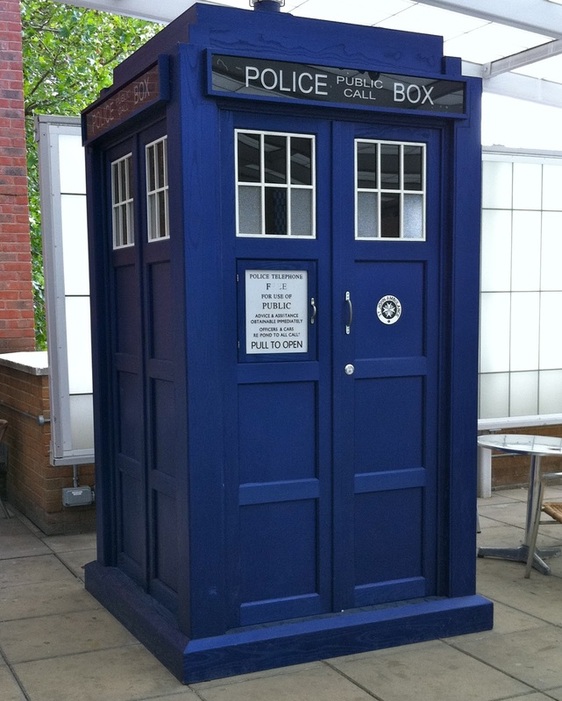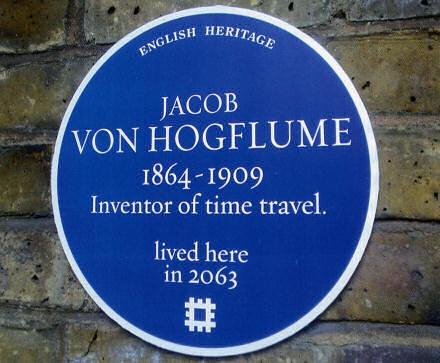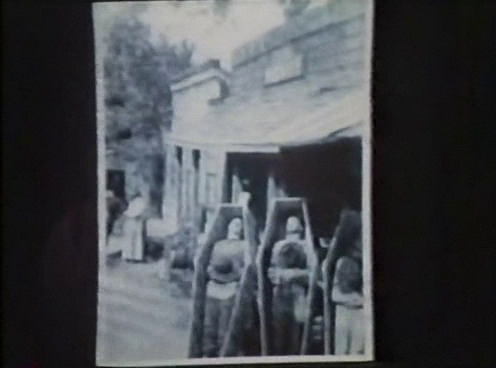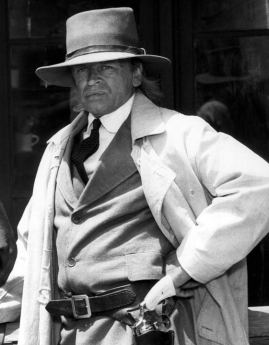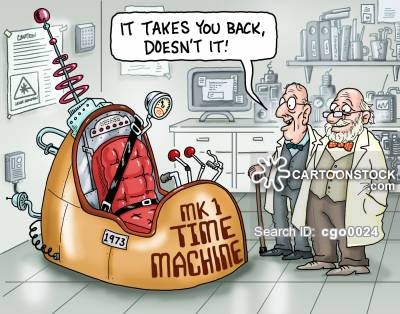“Thirty years ago, ten years from now,” – Jason Nichols.
In case you don’t recognise the quote, it’s from “The X-Files,” series 4 episode 19 and Jason Nichols is a time traveller. The old Jason has travelled back in time to try and stop the young Jason creating the conditions for time travel to be invented.
I know. It’s confusing; perhaps that’s why they only ever did one episode on time travel!
When I started writing science-fiction, I had a good idea what I wanted to write about, the worlds of the future and how humanity adapts to the new challenges that the future will bring.
Well, the writing about the future bit is straightforward enough, after all, I had a lot of reference material I could call on, a lifetime watching and reading other people’s ideas of what the future might be had given me a good place to start developing my own ideas.
But the one subject I shied away from was time travel; you see there were just so many “rules.”
And unfortunately, there were also too many ‘experts’ who rigidly enforced the rules, instead of just saying, “well it takes liberties but it’s a da** good read,” they prefer to say, “Illogical and unrealistic.” Killjoys!
We all know the rules, you mustn’t change anything, you mustn’t leave anything, and the one thing you definitely mustn’t do is kill your grandfather. It makes writing about it complicated. You, the author have to become a time traveller. You have to write the story backwards, working out the end and seeing how things have to be to get the start. And then, you have to decide the order of events necessary to achieve that. And all the time you have to watch for all the little hints that give the game away and mean that your plot can’t stand up to close scrutiny. That’s just not the way I write, it’s far too disciplined and it leaves no room for the creative in me to just hit the keys and see what happens.
In a moment of creative abandon (and we all have them) I wondered who decides these rules? And how do we know they are valid? Surely we need to find a time traveller and get him to tell us what the rules are. Or perhaps I’ve got that the wrong way around and in fact the rules for writing about time travel are written by time travellers, based on their experiences. Time travel may be such a closely guarded secret that the rules are there to put people off the scent.
Logic seems to suggest that these rules are absolute. BUT, to a Victorian scientist, logic suggested that a machine heavier than air could not fly. He had tried to make it fly and had failed; it was heavier than the thing that was supposed to support it, therefore logically to him it could not be done.
Of course, we know now that it was his logic that was at fault, but it took an advance in science to prove that a heavier than air machine could fly, logic had to be adjusted to fit. You don’t get the rules for flying a plane written by a jockey, or football written by a cricketer. And it doesn’t really matter how much “logic” you throw at it, logic can never be absolute, it’s really only dependent on the extent of our knowledge.
And one day, science will give us something about time travel that causes logic to be redefined, as it has so often in the past. But while we’re here, it’s all we have so we’re stuck with it for a while.
Current logic suggests its own paradoxes; you can’t change anything that threatens your own existence, for instance. But if you stop and think for a moment, if you didn’t exist then you wouldn’t be able to go back in time to threaten it. And it’s the same with the killing your grandfather thing.
Let’s imagine that you made it back to the time before your grandfather was a father and killed him. Now stood there over his body, you wouldn’t exist; you COULDN’T exist. Does that mean that you would disappear? After all, you can never have been born! And here’s the significant point; if you had never been born, then you won’t have been able to go back in time and kill your grandfather! So it looks like he’s safe from you, you murderous, ungrateful offspring.
Let’s examine the other rules in more detail; first, you mustn’t change anything. The old Butterfly effect as portrayed in the movie. Change one thing and change everything. But is that reasonable, or even correct?
Michael Crichton in his excellent novel Timeline (forget the movie version) argues that it is not, that there are just too many things that have to be changed to deflect the whole human experience. If you broke Roger Bannister’s leg, for example, someone else would still run the first four-minute mile. It just wouldn’t be him.
And to return to our original X-Files example, in the end, the two Jason Nichols kill each other. But the research goes on.
You mustn’t leave anything behind, again that seems to be reasonable, yet in the film Timestalkers, written by the great Brian Clemens, the time traveller’s presence is revealed by a modern gun in an old photograph.
But the present hasn’t been altered by it. As far as we know. And how could we?
Having dealt with the past; how about going forward? Could we travel into the future? Well, that creates another paradox all of its own. And aren’t we already travelling into the future anyway?
The question is; does the future already exist to travel too? Obviously, the past does in some form and some of the conclusions of Quantum Theory seem to suggest that everything is concurrent.
The theory is that it’s all here now; it’s just our view of things that is limited. In that case, time is only a way of making sure that everything doesn’t appear to happen at once.
And we mustn’t forget the old parallel universe idea, where every possibility is played out in a new universe, as portrayed in such shows as Sliders. That idea is outside the remit of time travel really because of course, the parallel universes do not interact. So we would never know which one we were in. Or what happened in the other. Unless we were Piers Anthony or Terry Pratchett.
At the end of all the theorising, it comes down to one thing. In writing about time travel, as in writing about anything, the only real consideration is to make it fun and make it believable, as long as there are no gaping holes in the plot just about anything goes. You’re inventing the world, get the reader hooked and you can get away with a lot.
I’ll leave you with this thought. In Australia, it’s tomorrow already while in America it’s still yesterday. If we fly from London to Sydney we travel into the future. London to Los Angeles and we journey into the past. Perhaps time travel is already with us.
![]()


